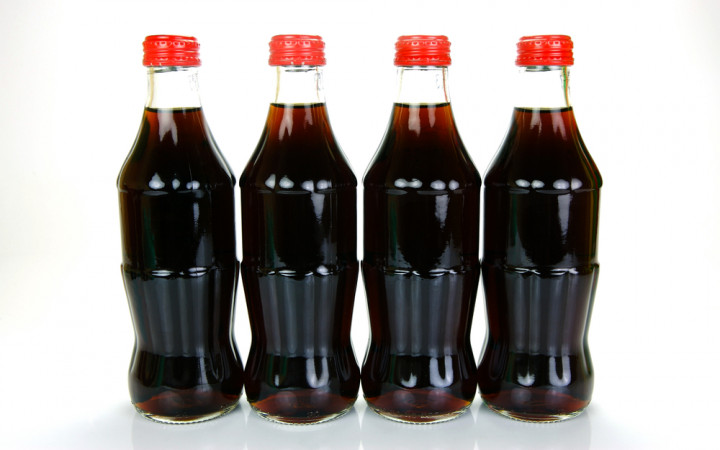On a hot summer day, there's nothing better than the sweet hiss of air escaping as you twist the cap or pop the top on an ice-cold…what? Soft drink? Soda? Pop? Soda pop? Coke®?
What word do you use when you ask for a carbonated beverage? In addition to the terms listed above, some people also call them "fizzies" or "tonics"!
Why? Who knows? But it all seems to depend on where you live.
One of the wonderful things about the English language is its wide variety. The diversity in our speech reflects the diversity of U.S. culture. There are millions of people from all sorts of backgrounds that live all over the country.
From the mountains of Colorado to the Great Plains to the coasts, the language we use can sometimes be as different as the landscape that surrounds us. Depending on where you live, you have a regional "dialect," which is a fancy word for the particular vocabulary and grammar you use in your area.
Although the exact history behind why a particular word is used in a particular region varies by the word, it most likely has to do with the history of the area. As different people settled in different areas, each region developed its own unique dialect. The unique history of the people who settled each region shaped the dialect in that region.
Instead of everyone in the United States referring to a carbonated beverage as a "soft drink," people in the Midwest usually call it a "pop." People in the Northeast usually call it a "soda," while Southerners often refer to it as a "Coke" — regardless of what particular brand of soft drink it is.
While this may seem merely curious, you will find that people often hold strong opinions about the words we use. Go to Boston and ask for a pop, and you might be ridiculed. Likewise, ask for a soda in Minnesota, and you'll likely be pegged as an outsider.
If you love words and find regional dialects interesting, you should check out the Dictionary of American Regional English (DARE). In addition to offering definitions of words, DARE shows where people use certain words.
For example, you know that sandwich that contains meats, cheeses, and toppings in a long bun? DARE will show you where that sandwich is called a "hero," "hoagie," "grinder," "sub," or "torpedo."
And that strip of grass between the sidewalk and the street? It might be a "boulevard," "grass plot," "devil strip," "neutral ground," "tree belt," or a "berm"…depending on where you grew up!
But don't think that regional dialects are just a casual oddity. Experts once helped to solve a kidnapping case by focusing on the regional dialect used in the ransom note.
DARE helped investigators narrow their search to Akron, Ohio, because the kidnapper used the term “devil strip" in his note — a term used mainly in that particular region!




